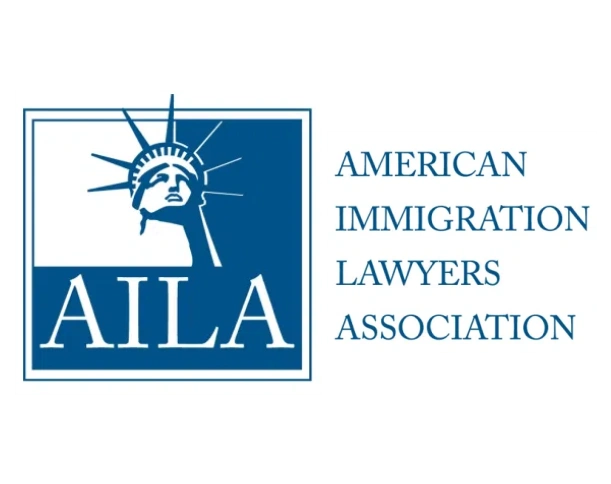Your Gateway to a U.S. Visa or Green Card
For many individuals seeking to come to the United States, the journey begins at a U.S. embassy or consulate abroad. This process, known as consular processing, is required for those applying for an immigrant visa (green card) or certain temporary visas from outside the country. Whether you are coming to join family, accept a U.S. job offer, reunite with your fiancé(e), or pursue new opportunities, consular processing is often the key step toward making that dream a reality.
Who Uses Consular Processing?
Consular processing is not limited to family-based immigration. It applies to a wide range of visa categories, including:
- Family-Based Immigration: Spouses, children, parents, and other relatives of U.S. citizens and lawful permanent residents.
- Employment-Based Immigration: Workers sponsored by U.S. employers for permanent positions, often requiring labor certification and an approved petition.
- Fiancé(e) Visas (K-1): U.S. citizens can bring their foreign fiancé(e) to the United States to marry within 90 days of arrival.
- Special Immigrant Visas (SIVs): For certain individuals such as Afghan and Iraqi interpreters who worked with the U.S. military, religious workers, and other special categories.
- Diversity Visa Lottery: Winners of the lottery must complete consular processing before receiving their immigrant visa.
- Nonimmigrant Visas: Temporary visas such as tourist (B-1/B-2), student (F-1), and work visas (H-1B, L-1) are also issued through consular processing.
How the Process Works
While the steps vary depending on the type of visa, consular processing generally involves:
- Filing a Petition: A U.S. family member, employer, or in some cases the applicant themselves, files the appropriate petition with USCIS.
- National Visa Center (NVC): Once approved, the case is transferred to the NVC, which collects forms, fees, and supporting documents.
- Consular Interview: The applicant attends an interview at the U.S. embassy or consulate. A consular officer reviews the application, supporting evidence, and the results of a medical exam.
Visa Issuance and U.S. Entry: If approved, the applicant receives the visa. For immigrant visas, the person enters the U.S. as a lawful permanent resident and receives their green card soon after.
How We Can Help
Consular processing can feel overwhelming, especially when deadlines, international travel, and embassy interviews are involved. Our firm provides step-by-step guidance, including:
- Filing accurate petitions and preparing complete documentation.
- Anticipating possible issues such as prior immigration history, unlawful presence, or security checks.
- Preparing applicants for consular interviews with confidence.
- Advocating for families, workers, and individuals to ensure cases move forward without unnecessary delays.
Take the First Step With Us
No matter your visa category, consular processing is a critical step toward achieving your immigration goals. With years of experience handling family, employment, fiancé, and special immigrant cases, we are ready to guide you through the process with knowledge, precision, and care.
Contact us today to learn how we can help you or your loved ones successfully complete consular processing and begin your journey in the United States.
Disclaimer: The information provided here is for general informational purposes only and is not intended as legal advice. Immigration law is complex and constantly evolving. For advice tailored to your unique situation, please consult directly with our experienced attorney at Abogada Vida.
Have a Question?
Call Us Today
to book your consultation for your immigration matter












